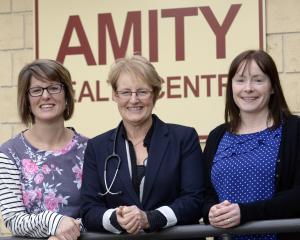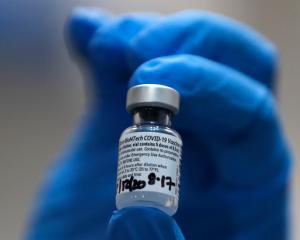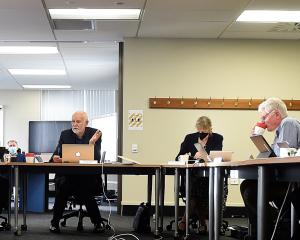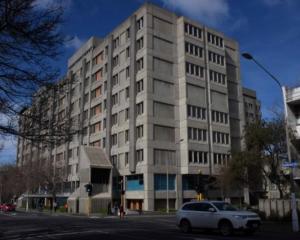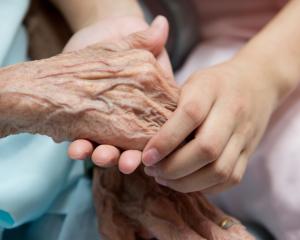District health board members will receive increased support and training, Health Minister Tony Ryall says.
Mr Ryall said the Ministry of Health and the new Health Quality and Safety Commission would be involved in providing extra support and training in several areas.
Details were yet to be finalised.
Yesterday, Mr Ryall issued a press release congratulating confirmed elected DHB members, saying they faced challenges in terms of service provision, staff retention, and finance.
"DHBs must continue to improve key frontline services in emergency departments, cancer treatment, cardiac and elective surgery.
"They will also need to work together more on a regional basis to secure and protect vulnerable services."
With the recession easing, staff shortages could worsen, although increased clinical staff numbers in the past 18 months should help to offset it, Mr Ryall said.
When asked, he said the Southern District Health Board's main challenge was getting the board - which is waiting for Mr Ryall to sign off a $14.9 million forecast deficit - on to a sound financial footing.
University of Otago health policy specialist Associate Prof Robin Gauld said New Zealand district health board members were typically not as highly schooled as those in other countries.
Overseas, health governors worked closely with clinicians, with a tighter understanding of what was expected of each party; comprehensive clinical information to board meetings; and inviting patients to governance meetings to discuss concerns.
The southern board, formed in May through merging the old Otago and Southland boards, had an opportunity to create a "vision" outlining the best clinical services possible for the region.
"It's an opportunity to say, `we're going to be the best in the country'," Prof Gauld said.
The new board would work alongside the new Southern Primary Health Organisation, rather than nine entities as it had before a merger this month, which underlined the fact it was a "new era" for the provision of health services in the south.
SDHB chairman Errol Millar welcomed the possibility of extra support and training.
Otago and Southland board members had a wealth of experience and had traditionally been adept at interpreting complex data and information from management.
It could be useful to have extra support in some areas, depending on the individual issue and the needs of each member, he said.
Mr Ryall expects to name board appointees and chairmen late next month.

